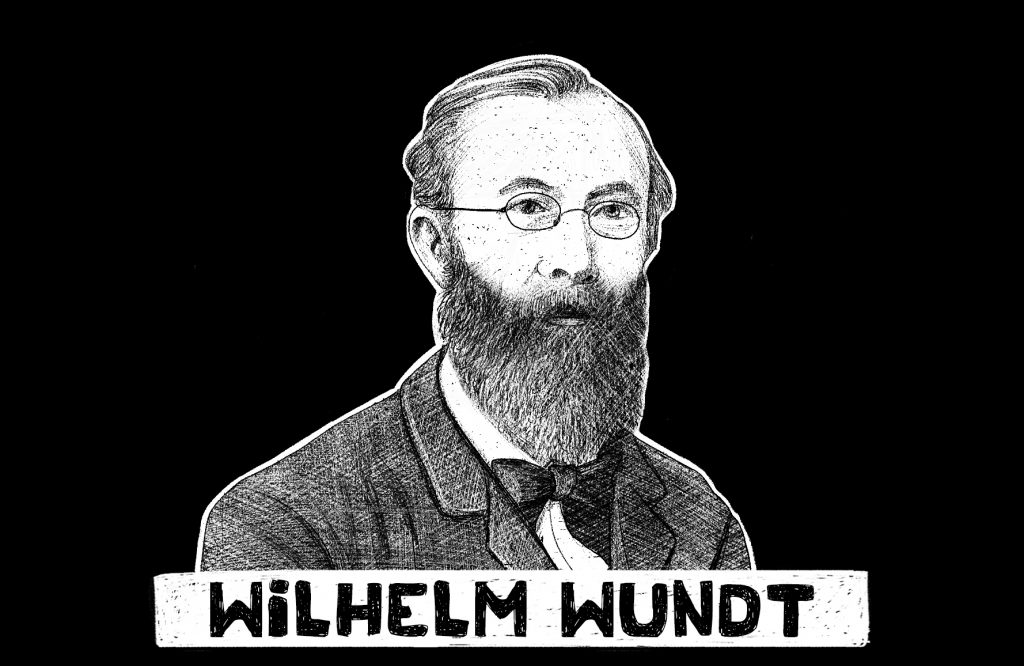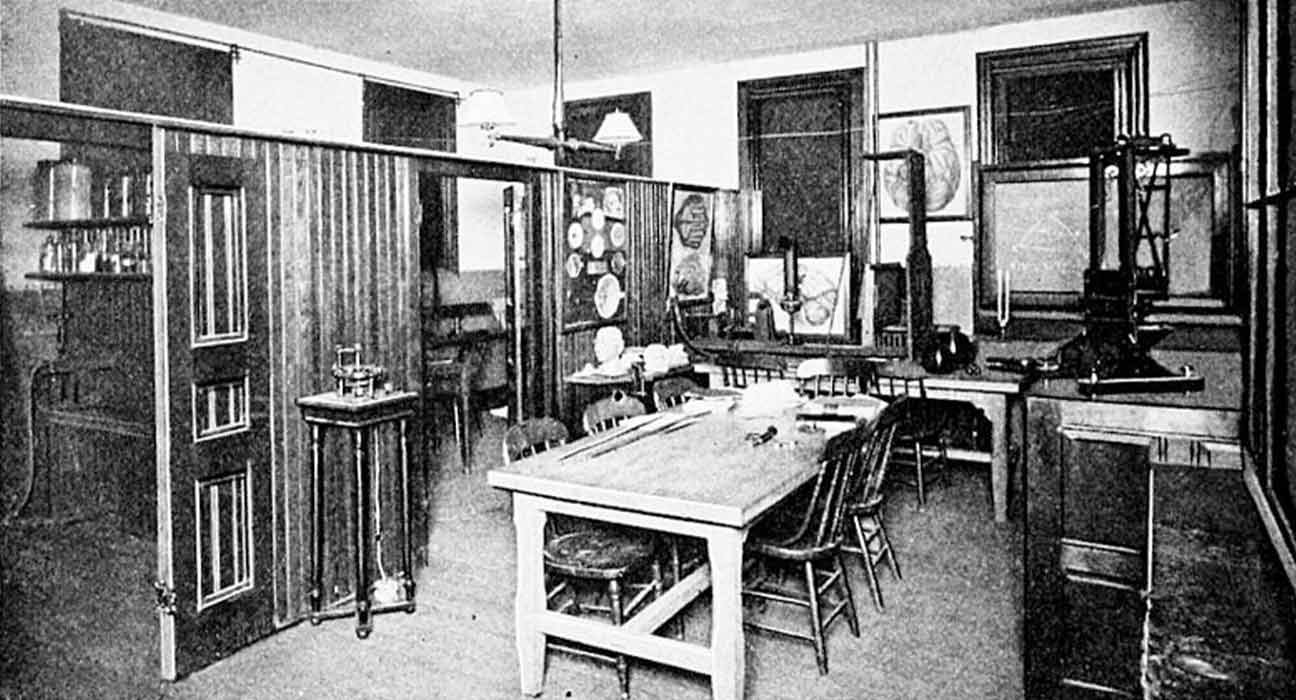The title "Father of Psychology" is not given lightly, and in the world of psychology, it is synonymous with Wilhelm Wundt. This title signifies his pivotal role in establishing psychology as an independent scientific discipline. Wilhelm Wundt's foundational contributions laid the groundwork for modern psychological study, positioning him as a central figure in the history of the field. His innovative approach to understanding the human mind and behaviour through experimental methods has left an indelible mark on psychology. This blog explores Wundt's life, academic journey, major contributions, and lasting impact on the field of psychology.
- Blogs
- Psychology
- Wilhelm Wundt Father Of Psychology 665eb37abdccdd0001d2fdcb
Wilhelm Wundt: Father of Psychology
Psychology • 4 Jun, 2024 • 27,300 Views • ⭐ 1.0
Written by Shivani Chourasia

Early Life and Education
:max_bytes(150000):strip_icc()/WilhelmWundt-cropped-9aacabf9ba714732846d5ecdc26db066.jpg)
Wilhelm Wundt was born on August 16, 1832, in the small German village of Neckarau, now part of Mannheim. He was the fourth child of Maximilian Wundt, a Lutheran minister, and his wife Marie Frederike, née Arnold. From an early age, Wundt exhibited a keen intellect and a profound interest in the natural sciences, a passion likely influenced by his father's academic background.
Wundt's early education was rigorous and broad. He attended the Gymnasium at Bruschel and later the University of Tübingen, where he initially studied medicine. His educational journey was marked by significant events and influences that shaped his future career. At the University of Tübingen, Wundt's interest in the workings of the human mind began to take shape, influenced by his mentor, the physiologist Hermann von Helmholtz. Helmholtz was a towering figure in the field of physiology, known for his groundbreaking research on the speed of nerve conduction, and he played a crucial role in nurturing Wundt's scientific curiosity.
Wundt completed his medical degree in 1856 and continued his studies under Helmholtz, working as an assistant in his laboratory. This experience was crucial in shaping Wundt's scientific approach and his belief in the importance of experimental methods. It was during this period that Wundt began to explore the idea of applying experimental techniques to the study of the mind, laying the groundwork for his future contributions to psychology.
Academic and Professional Journey

Wundt's academic path was characterized by a series of significant transitions. After completing his medical degree, he continued his studies under Helmholtz, working as an assistant in his laboratory. This experience was crucial in shaping Wundt's scientific approach and his belief in the importance of experimental methods.
In 1864, Wundt became a lecturer at the University of Heidelberg, where he taught physiology and began conducting experiments on sensory perception and reaction times. His early work laid the groundwork for his later theories and methodologies in psychology. By 1874, Wundt had published "Principles of Physiological Psychology," a seminal work that argued for the experimental study of psychological processes, bridging the gap between physiology and psychology.
Wundt's most notable academic position came in 1875 when he accepted a professorship at the University of Leipzig. It was here that his vision for psychology as an independent scientific discipline began to materialize. At Leipzig, Wundt established a formal laboratory dedicated to the study of psychological phenomena, marking a significant milestone in the history of psychology.
Founding of the First Psychology Laboratory

The year 1879 marked a monumental moment in the history of psychology: the founding of the first experimental psychology laboratory at the University of Leipzig by Wilhelm Wundt. This event is widely regarded as the official birth of psychology as a distinct scientific field. Wundt's laboratory provided a dedicated space for conducting psychological experiments, a novel concept at the time.